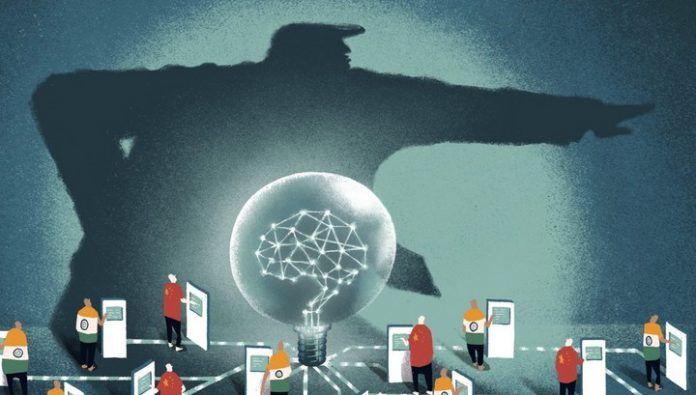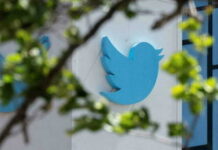the Restrictions imposed by Washington on Friday that are supposedly aimed at addressing the issues of cybersecurity in the United States, in reality, aimed at protecting American dominance in the global technological arena, reports Bloomberg, citing a statement by the head unit Huawei for the production of consumer electronics Richard Yu.
“So-called “reasons related to cyber security” is just an excuse,” wrote Richard Yu in your account in WeChat. “The key issue is the threat of technological hegemony of the USA,” he added.
on Monday, Huawei will hold an annual briefing in Shenzhen, where traditionally will discuss their latest products and talk about business development.
on Friday, the administration trump opened a new front in the war with the Chinese high-tech, forbidding any semiconductor manufacturer, using American equipment, to supply products to Huawei without the permission of the US government. This means that Taiwan Semiconductor Manufacturing Co.(TSMC) and other vendors will be cut off from the Chinese company.
TSMC has already suspended acceptance of new orders from Huawei Technologies in response to the tightening of export controls by the US, according to Nikkei Asian Review, citing sources. Agreements made before the introduction of the ban can be executed if the chips will ship until mid-September. Experts point out that, for TSMC it’s a difficult decision, as Huawei is the second largest customer of the company, but the vendor needs to follow the rules of the United States.
the New restriction has caused condemnation from Beijing. China is ready to take a number of countermeasures against U.S. companies in response to the plans to block supply of semiconductors. Tech company the United States can enter the list of “unreliable organizations” can begin the investigation and the imposition of restrictions in respect of such U.S. companies as Apple, CiscOh, Qualcomm, as well as the suspension of purchases of Boeing aircraft, told the newspaper Global Times, a source close to the Chinese government.
The Global Times is published in the official newspaper of the ruling Chinese Communist party’s People’s Daily. Though Global Times is not the official mouthpiece of the party, it is believed that her views reflect the views of its leaders. Mentioned American companies, including Apple, Qualcomm, Cisco and Boeing are heavily dependent on the Chinese market.
China’s Ministry of Commerce announced in may last year that China will release its own list, focused on foreign companies, which seriously undermined the legitimate interests of Chinese companies.
In the list of “unreliable companies” will include foreign organizations, individuals and companies that block or cover supply chain, or take discriminatory measures on non-profit causes, and when their actions jeopardize the business of Chinese companies as well as global consumers and companies, said the representative of the Ministry of trade of China, Gao Feng, at a press conference in 2019.
the list will also included foreign companies that cause actual or potential damage to Chinese companies and industries. The threat or potential threat to national security China also is the reason for the inclusion in the list, said JI Lushun (Zhi Luxun), the head of the Bureau for control over industry, security, import and export in June 2019.
the administration of the tramp sees Huawei threat of cybersecurity, which the Chinese company denied. The last restrictions bring new challenges to the already difficult international ecosystem production of semiconductor products, in an attempt to restrain Huawei and technological rise of China, cutting it off from vital process equipment. Consumer unit, Richard Yu, likely to suffer more sunit, as it relies on TSMC for production of its most advanced products. Stock Huawei suppliers, including TSMC, AAC Technologies Holdings Inc. Sunny Optical Technology Group Co., Monday decline.
the United States has already made Huawei in the “black list” last year that prevented us companies supply without a special license software and hardware a Chinese company. The last step is tightening these restrictions to prevent the chip manufacturers — American or foreign — produce with Huawei, and its subsidiary HiSilicon’s newest chips, which are needed in the production of smartphones and Telecom equipment.


















